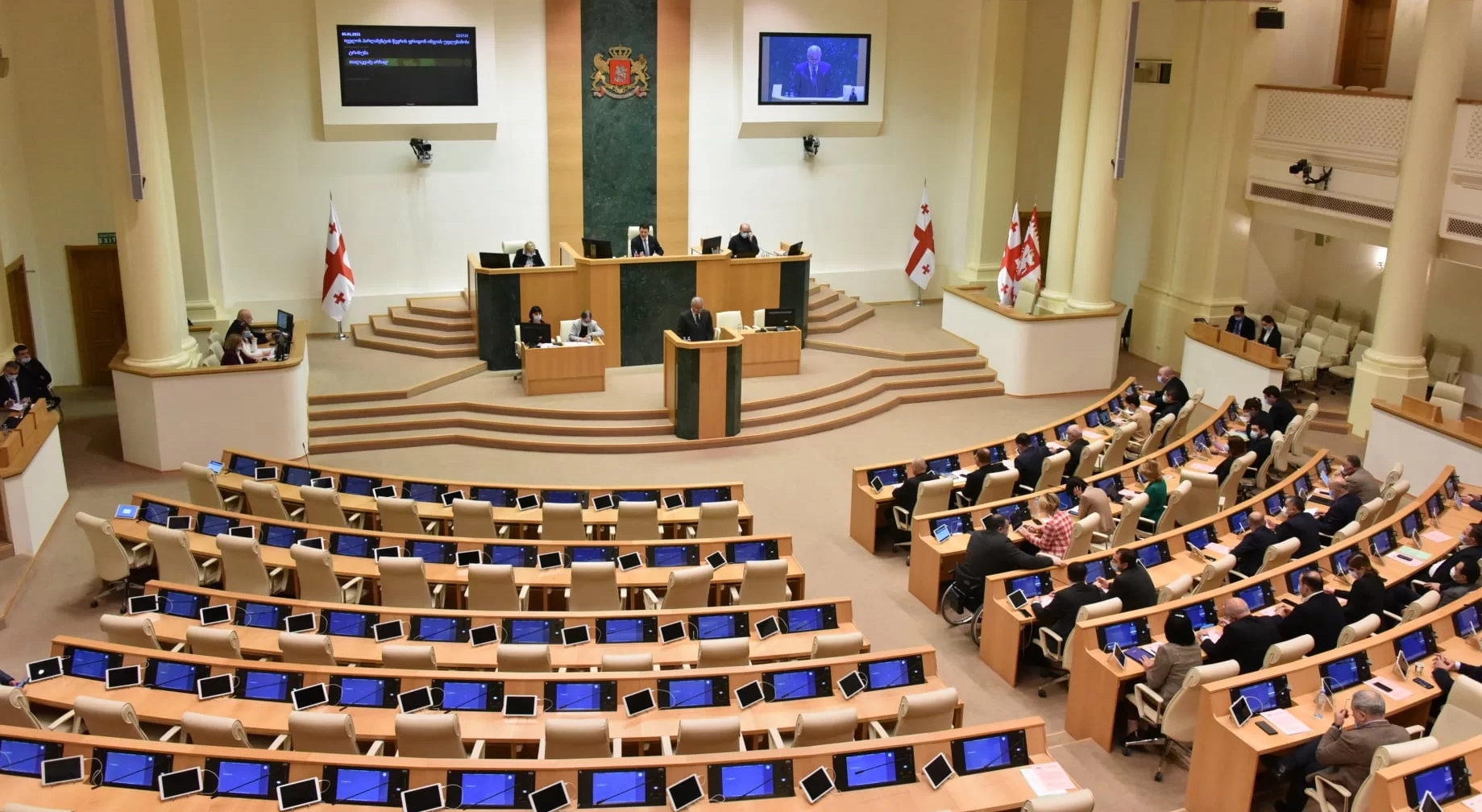The decision of the Georgian government to refuse to review the law on “foreign influence” has caused serious concerns in Europe. Secretary-General of the Council of Europe, Thorbjørn Jagland, emphasized that this violates previous agreements and undermines democratic standards.
Georgia refuses to amend the “foreign agents” law
The Georgian government officially announced that it no longer intends to review the controversial “foreign agents” law, despite promises made to international partners. The country’s Prime Minister, Irakli Kobakhidze, on February 3 informed the Council of Europe’s Secretary General that there have been “circumstances” that influenced this decision.
Back in December 2024, during Thorbjørn Jagland’s visit to Georgia, both parties agreed to establish a working group to make changes to the law. However, the country’s authorities have now backed out of this initiative, sparking a strong reaction from the international community.
Council of Europe’s Reaction: Threat to Rule of Law
Thorbjørn Jagland expressed regret over the Georgian government’s move and stressed the threat to the rule of law and human rights in the country. He also noted that the government’s decision only exacerbates political polarization in Georgia.
European leaders have repeatedly criticized this law, emphasizing that it effectively halts Georgia’s European integration. A similar law exists in Russia, restricting the activities of civil society organizations and independent media.
American Analog Instead of Changes
Another controversial decision was the announcement that Georgia plans to replace the current “foreign agents” law with a “direct copy” of the American FARA law. However, international experts emphasize that the Georgian law is much stricter and effectively mirrors the Russian model of civil society control.
Such actions may distance Georgia from its European future and create serious problems in relations with the EU and NATO. At the same time, the government’s decision has already sparked a new wave of discontent within the country, which could lead to further protests.
What’s next?
A change in the Georgian government’s course may lead to the country’s diplomatic isolation. The EU and the US may reconsider their relations with Georgia, while the opposition and civil activists are likely to continue fighting for democratic freedoms.
Whether Georgia will change its decision under pressure from the international community remains to be seen. But one thing is clear already: the situation surrounding the “foreign agents” law is far from over.


